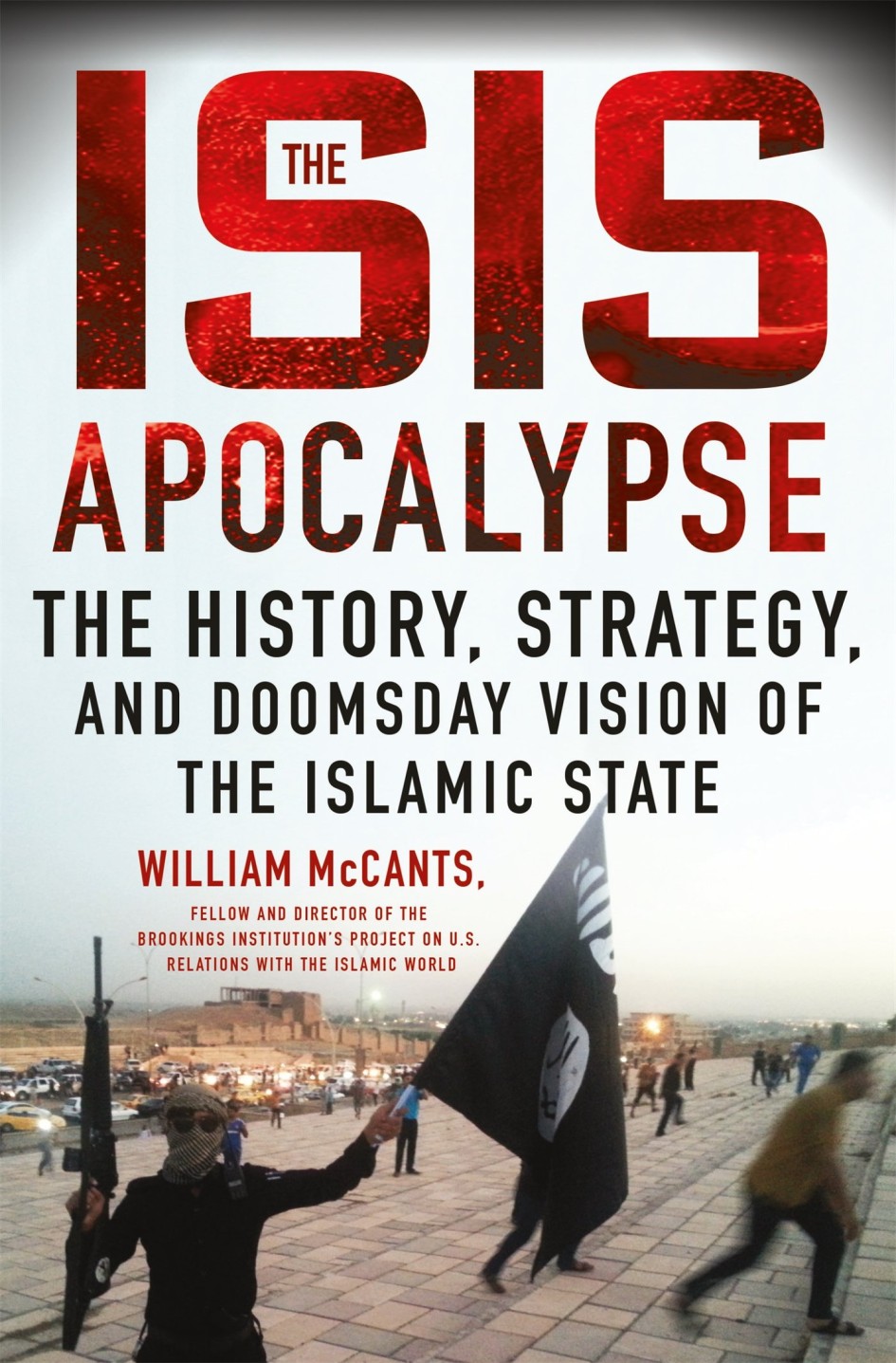How did the Islamic State attract so many followers and conquer so much land? By being more ruthless, more apocalyptic, and more devoted to state-building than its competitors. In The ISIS Apocalypse: The History, Strategy and Doomsday Vision of Islamic State, author William McCant argues that the shrewd leaders of the Islamic State combined two of the most powerful yet contradictory ideas in Islam-the return of the Islamic Empire and the end of the world-into a mission and a message that shapes its strategy and inspires its army of zealous fighters. They have defied conventional thinking about how to wage wars and win recruits. Even if the Islamic State is defeated, jihadist terrorism will never be the same. Based almost entirely on primary sources in Arabic-including ancient religious texts and secret al-Qaeda and Islamic State letters that few have seen –The ISIS Apocalypse explores how religious fervor, strategic calculation, and doomsday prophecy shaped the Islamic State’s past and foreshadow its dark future.
Here is an extract condensed from the book:
The Islamic State’s brutality and its insistence on apocalypse now and caliphate now set it apart from al-Qaeda, of which it was a part until 2014. We’re used to thinking of al-Qaeda’s leader Osama bin Laden as the baddest of the bad, but the Islamic State is worse. Bin Laden tamped down messianic fervor and sought popular Muslim support; the return of the early Islamic empire, or caliphate, was a distant dream. In contrast, the Islamic State’s members fight and govern by their own version of Machiavelli’s dictum “It is far safer to be feared than loved.” They stir messianic fervor rather than suppress it. They want God’s kingdom now rather than later. This is not Bin Laden’s jihad.
In some ways, the difference between Bin Laden and the Islamic State’s leaders is generational. For Bin Laden’s cohort, the apocalypse wasn’t a great recruiting pitch. Governments in the Middle East two decades ago were more stable, and sectarianism was more subdued. It was better to recruit by calling to arms against corruption and tyranny than against the Antichrist. Today, though, the apocalyptic recruiting pitch makes more sense. Titanic upheavals convulse the region in the very places mentioned in the prophecies. Sunnis and Shi’a are at war, both appealing to their own versions of prophecies to justify their politics.The French scholar of Muslim apocalypticism, Jean-Pierre Filiu, has argued that most modern Sunni Muslims viewed apocalyptic thinking with suspicion before the United States invaded Iraq in 2003. It was something the Shi’a or the conspiracy-addled fringe obsessed over, not right-thinking Sunnis. Sure, the Sunni fringe wrote books about the fulfillment of Islamic prophecies. They mixed Muslim apocalyptic villains in with UFOs, the Bermuda triangle, Nostradamus and the prognostications of evangelical Christians, all to reveal the hidden hand of the international Jew, the Antichrist, who cunningly shaped world events. But the books were commercial duds.
The U.S. invasion of Iraq and the stupendous violence that followed dramatically increased the Sunni public’s appetite for apocalyptic explanations of a world turned upside down. A spate of bestsellers put the United States at the center of the End-Times drama, a new “Rome” careering throughout the region in a murderous stampede to prevent violence on its own shores. The main antagonists of the End of Days, the Jews, were now merely supporting actors. Even conservative Sunni clerics who had previously tried to tamp down messianic fervor couldn’t help but conclude that “the triple union constituted by the Antichrist, the Jews, and the new Crusaders” had joined forces “to destroy the Muslims.”
The Iraq war also changed apocalyptic discourse in the global jihadist movement. The languid apocalypticism of bin Laden and Ayman al-Zawahiri now had to contend with the urgent apocalypticism of Abu Mus’ab al-Zarqawi, the founder of al-Qaeda in Iraq, and his immediate successors. Iraq, the site of a prophesied bloodbath between true Muslims and false, was engulfed in a sectarian civil war. As Zarqawi saw it, the Shi’a had united with the Jews and Christians under the banner of the Antichrist to fight against the Sunnis. The Final Hour must be approaching, to be heralded by the rebirth of the caliphate, the Islamic empire that had disappeared and whose return was prophesied.
Buy Now



